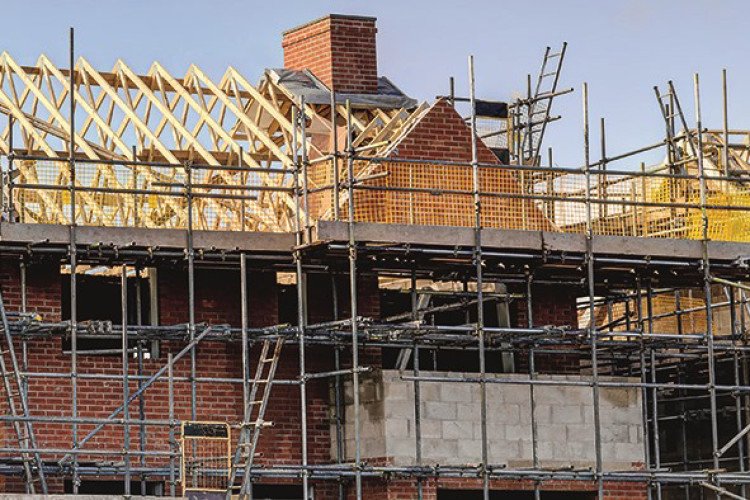Today’s buyers and sellers are glued to their phones. From browsing listings to contacting agents, mobile is now the first point of contact for most real estate interactions. And if your website isn’t mobile-optimized, you’re not just delivering a poor experience — you’re killing your real estate SEO performance.
Why Mobile Optimization Matters More Than Ever
Over 70% of real estate searches now begin on mobile devices. Google knows this — and that’s why mobile-friendliness is a core ranking factor.
Here’s what a non-optimized mobile site tells Google and users:
-
You’re outdated
-
You’re hard to use
-
You’re not trustworthy
And when bounce rates skyrocket, your rankings drop. Fast.
For any agent or brokerage that wants long-term visibility through SEO for real estate, mobile performance isn’t optional — it’s survival.
Core Mobile SEO Elements for Real Estate Websites
To stay competitive, your mobile site needs to nail these fundamentals:
-
Responsive Design
Your site must adjust perfectly to different screen sizes — phones, tablets, etc. Google prefers responsive over mobile-only subdomains. -
Fast Load Times
Pages should load in under 3 seconds. Compress images, remove bulky scripts, and use mobile caching. -
Thumb-Friendly Navigation
Menus, buttons, and search bars must be easy to tap and navigate. -
Readable Text and Spacing
No one should need to zoom in. Fonts must be legible and spaced well on smaller screens. -
Clickable Listings and CTAs
Make it stupidly easy for users to tap on listings, photos, or contact buttons.
These enhancements directly impact metrics like bounce rate, dwell time, and conversions — all of which feed back into real estate SEO marketing results.
Mobile UX and Local SEO Go Hand-in-Hand
Most real estate searches have local intent — e.g., “homes for sale in Scottsdale” or “top realtors near me.” When people search on mobile, Google prioritizes proximity, mobile performance, and relevance.
A seamless mobile experience improves:
-
Google Maps rankings
-
Click-through rates from mobile SERPs
-
Lead conversion rates from mobile traffic
If you’re investing in local SEO for real estate, make sure your site doesn’t sabotage those efforts on mobile.
Mobile Page Speed = More Clients
Slow sites don’t just frustrate — they lose leads.
Even a one-second delay in mobile load time can decrease conversions by 20%. That could mean dozens (or hundreds) of lost clients over a year. Speed is especially important when users browse multiple listings — if your photos take forever to load, they’ll bounce to a competitor’s site.
Work with a real estate SEO consultant to regularly test and fine-tune mobile speed using tools like Google PageSpeed Insights or GTmetrix.
Mobile-First Indexing Is Already Here
Since 2020, Google has shifted to mobile-first indexing, meaning the mobile version of your site is now the primary version used for ranking.
If your mobile site is stripped-down or missing key pages, you’re effectively telling Google: “Ignore my best content.”
Mobile-first indexing makes mobile optimization a must-have for any real estate SEO agency looking to future-proof your rankings.
Optimize Listings for Mobile Views
Don’t forget: your listings are your core content.
Make sure they:
-
Load fast on mobile
-
Display property photos beautifully
-
Use collapsible sections (e.g., features, schools, maps)
-
Include tap-to-call and tap-to-text options
-
Have share buttons for WhatsApp, Messenger, or iMessage
Listings that are optimized for mobile not only improve user experience but also help improve rankings for SEO for real estate companies focused on local buyers.
Wrapping It Up
Mobile SEO is no longer “extra.” It’s central to your success in real estate search.
If your website doesn’t work flawlessly on mobile, you’re losing leads, traffic, and ranking power every single day.
To stay ahead of the curve, team up with a real estate SEO company that understands mobile-first strategies, speed optimization, and technical SEO. It’s the upgrade your real estate brand needs — and your next clients will thank you for it.

